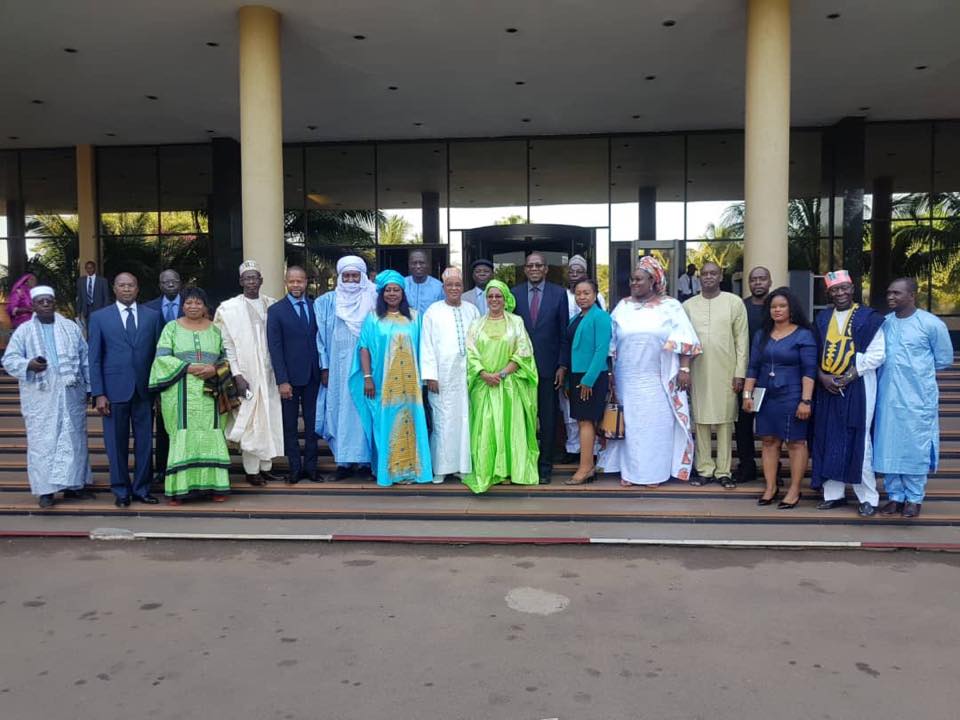The Minister of Tourism and Cultural Affairs, Madam Memunatu B. Pratt joined Ministers’ of Tourism, representatives and tourism experts from the 15 member states of ECOWAS to validate the Draft ECOWAS Regional Tourism Policy and Ecotour Action Plan on Friday 30th November 2018 in Bamako, Mali.
As international tourism continues to gain high significance as one of the largest and fastest growing industries globally, the ECOWAS Commission has seized the opportunity as enshrined in the Revised ECOWAS Treaty to position the bloc as an attractive and competitive tourism destination.
The draft policy comprises 5 programmes, 9 specific objectives, and 39 priority actions. Among others, the five programmes include tourism heritage protection; tourism heritage development; professionalization of stakeholders; promotion of ECOWAS as a tourist destination and the establishment of standards and control systems for tourism and hospitality businesses.
In her remarks, the Hon. Minister thanked the Malian government for hosting the event and highlighted the immense benefit to be provided by the execution of a successful tourism regional bloc ranging from contributing to national and regional cohesion, promotion of trade and investments, strengthening cultural and diplomatic ties to the creation of job opportunities. She also stressed the need for the draft policy to take into consideration relevant provisions in other international documents of the African Union, UNWTO etc in the areas of finance, investment and youth development.
The validation meeting was preceded by a two-day meeting of tourism experts from the 15 member states. The Director of Tourism, Mohamed Jalloh represented Sierra Leone in the expert meeting.
The adoption of the policy will contribute to harmonizing efforts of member states in tourism development while addressing major constraints relating to weak air connectivity and high transport cost, limited tourism, and hospitality training centers, low use of digital technology and undeveloped tourism circuits within the region.


